11 Best What are the healthy foods for a balanced dieting
Rion knows that a balanced diet is necessary to enjoy a long, healthy life.
We all know that we should aim to give five fresh fruits and vegetables every day, as well as avoid the temptations of McDonald’s Big Mac.
However… what exactly does a balanced diet mean? Except for the obvious – a little bit of everything and not much – it may not be clear what specific foods you should eat. For example, it is estimated that 75 percent of the population does not reach the recommended dose of 300mg magnesium a day. Obviously an imbalance – but how do you fix it?
Fear not – we are here to help. There are many foods rich in nutrients that you can include or increase in your diet to achieve your maximum health. Below, we have listed twelve major lists, ranging from cruciferous vegetables to quinoa.
Bon appetit…
1. Cruciferous vegetables
Crunchy vegetables include broccoli, cauliflower, cabbage, Brussels sprouts, and bananas. They are largely part of the family of Brasiseki, which takes its alternative name from the Latin for the cross to the cross, because their four central leaves are similar to a cross.
Curciferous vegetables really have it all: vitamins, fiber, and phytochemicals fighting disease. A nutrient-rich powerhouse.
2. Lean beef and chicken breast
We all need protein in our diet – and for meat eaters, it is the most beneficial source. A few cuts of chicken and beef (ask your butcher) are the best.
Studies show that increasing your protein intake by about 30 percent of your daily calorie intake can reduce late-night snacking resulting in about half a pound of fat a week. However, you must also be careful not to eliminate meat protein – remember, we are going for a balanced diet here. Should do well a few times a week.
3. Boiled potatoes
Despite being out of fashion in the post-Atkins era, potatoes are a wonderful, nutritious ingredient. They are particularly high in potassium, a nutrient that most people lack, and which plays an important role in keeping blood pressure to a minimum.
Frying them is delicious – but it also adds unnecessary fat to your diet. Instead, boil them, then let them cool for a while so that they form resistant starch, a fiber-like substance with lots of health benefits, including keeping you full longer.
4. Quinoa
Quinoa has become an increasingly fashionable ‘health food’ – and the hype is justified. There are many health benefits of eating it, including high in protein (a good source for non-vegetarian eaters), anti-oxidants and minerals.
Super-food is often incorrectly referred to as cereal, but it is actually an edible seed that is the origin of the Andes, and is related to beetroot, Swiss chard and spinach.
5. Salmon and oily fish
Oil fish such as salmon, mackerel, and herring are an important way to increase your protein and omega 3s – essential for healthy bones, skin, and hair. If you are a vegetarian or vegan, be sure to include a good quality vegetable-based omega 3 oil in your daily diet, which is abundant in sources such as soy, walnuts, canola oil and chia, flax, and flax seeds.
Legumes, a class of vegetables that includes beans, peas and lentils, are the most versatile and nutritious foods available. They are generally low in fat, contain no cholesterol, and are high in folate, potassium, iron, and magnesium (so this answers the earlier question, which is a 75% reduction in people). They also contain beneficial fats and soluble and insoluble fiber – perfect for keeping you full for a long time.
A bean casserole whip as a great, protein and mineral-rich alternative to meat.
Eggs are cheap, but still great sources of high quality protein. Eggs are rich in many nutrients that promote heart health, and are recommended for pregnant women because they are rich in choline, which is essential for normal brain development. In addition to their day-to-day diet, eggs provide a large dose of vitamin D, which is great for your bones, and prevents osteoporosis.
Why not have a drink for breakfast, and eat it with some smoked avocado on citrus? It may sound hipster, but the extra protein will help keep hunger off until lunch!
8. Oils, spreads and healthy fats
Oil and spread is a major aspect in a balanced diet, as the diet includes some healthy fats. It is important to swap cholesterol-inducing trans fats with healthy unsaturated options.
Try cooking with coconut oil, which burns in a much higher heat than other oils, meaning that it is less likely to produce carcinogens. Other luxurious oils that are needed for inclusion in a healthy diet are olive oil, and fats from vegetables such as
avocados.
Avocado is included in the category of healthy fats – which are essential for the health and overall well-being of our bodies. Some of their many health benefits include that they are mineral rich, they are high in vitamin K which is good for your bones, and they help maintain low cholesterol, which in turn is great for the heart. .
Smash them in your diet with sour toast, and eat them with illegal eggs for a delicious breakfast.
Of course, there are many different nuts, and each has its own distinct health benefits. However, as a whole, they are packed with protein, as well as a source of polyunsaturated fat and heap of fiber. A golf-ball-sized amount of mixed nuts – about 30 grams – is recommended as a great mid-morning or afternoon snack.
Almonds are a great source of calcium for dairy survivors; Brazel is a source of selenium; And walnuts contain an impressive amount of antioxidants, which can fight cancer.
11. Fruit and a range of vegetables
Fruits and vegetables are an important source of vitamins and minerals, and should make up at least one third of your daily diet. It is advised that you aim to eat five portions of fruits and vegetables every day to maintain maximum health. There is evidence that people who eat their allotted quota every day reduce their chances of getting cancer, heart disease and stroke.
12. Dairy products or dairy substitutes
One of the main benefits of including dairy in your diet is calcium. Calcium is essential for normal development of our bones, and regular consumption is important to avoid diseases like osteoporosis in your old age. This high potassium and magnesium content is also essential for your heart health.
If you are avoiding dairy due to lactose intolerance, it is important to include calcium supplements in your daily diet. Calcium-rich alternatives such as fortified soy milk, cheese, and yogurt are big choices.

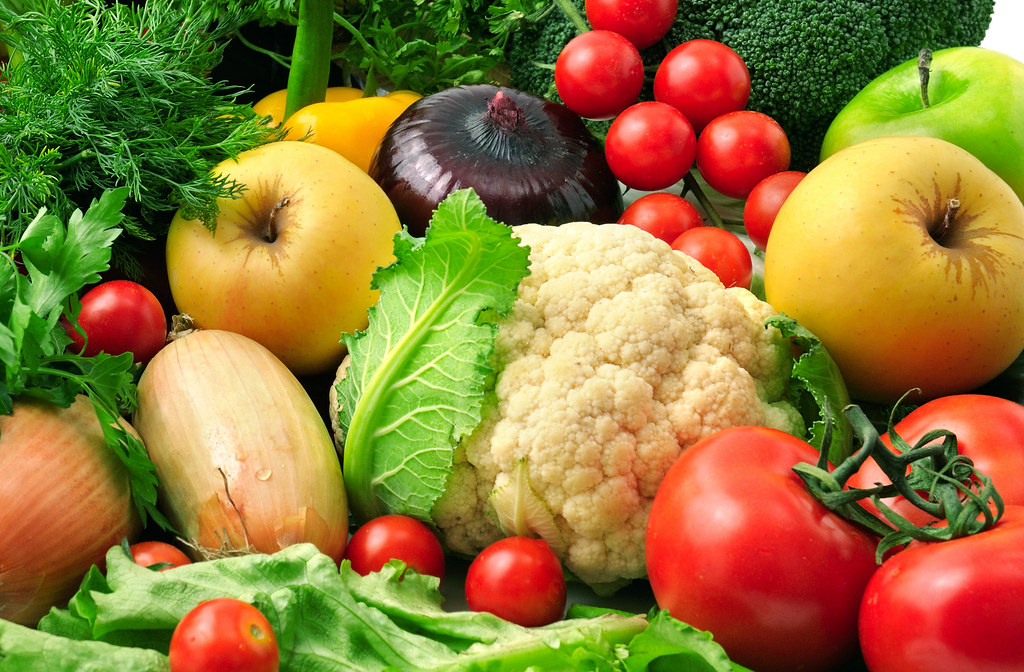


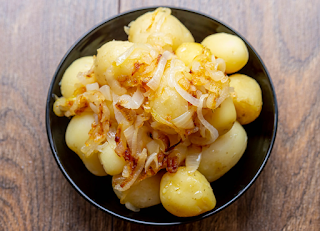

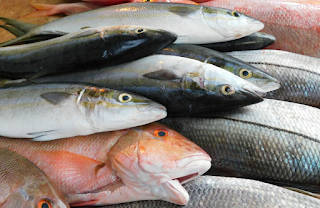
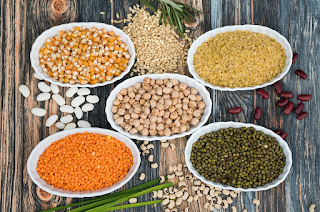


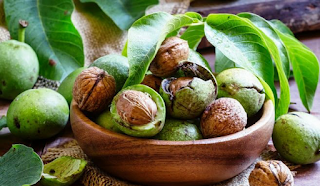
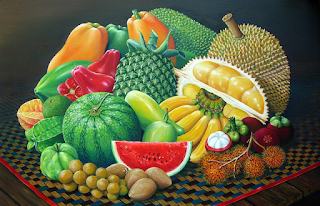
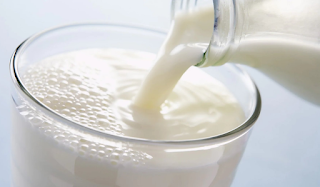
Leave a Reply